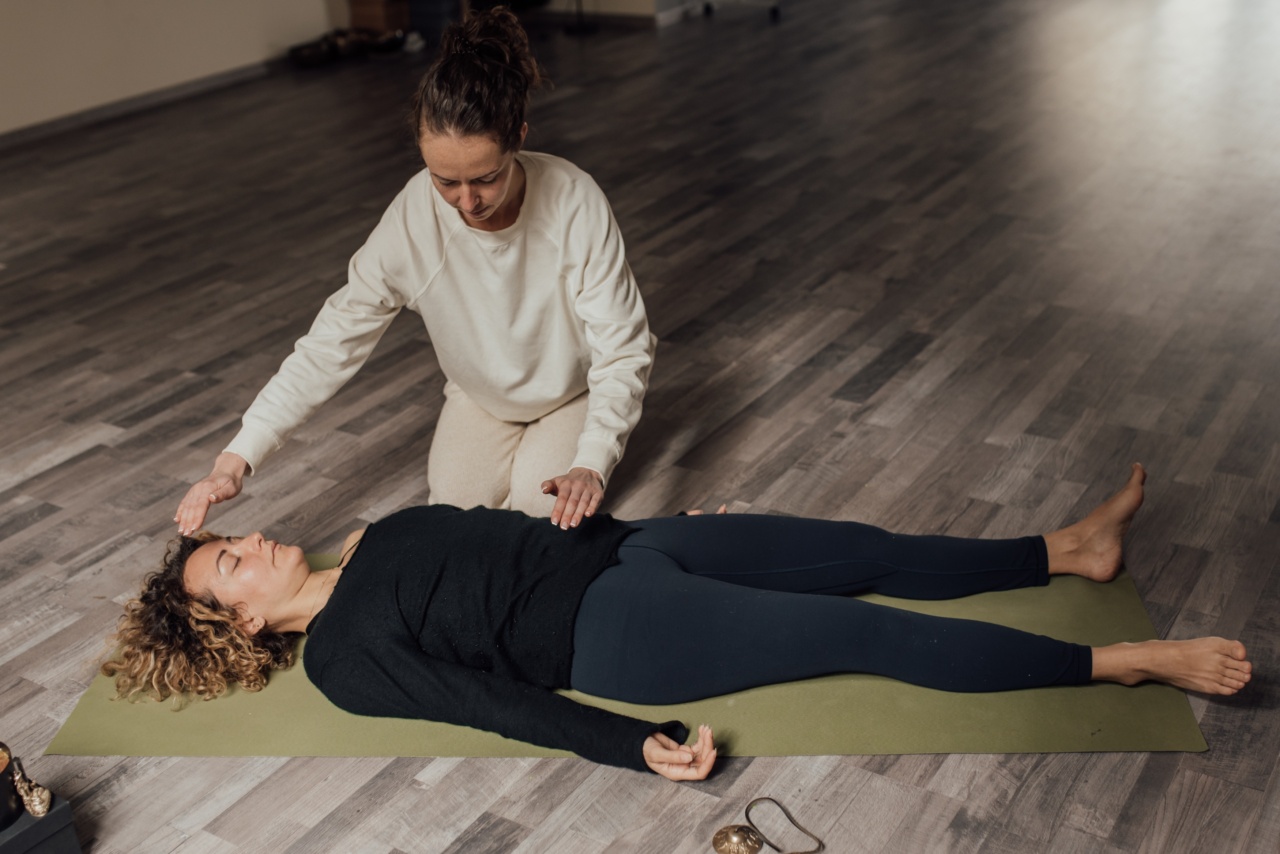Swollen eyes can be an uncomfortable and unsightly problem that many people deal with. Whether it’s due to allergies, a lack of sleep, or other factors, finding fast relief for swollen eyes is essential.
In this article, we will explore various remedies and techniques that can help reduce eye swelling quickly.
Causes of Swollen Eyes
Before diving into the remedies, it is essential to understand the possible causes of swollen eyes. They can include:.
- Allergies
- Sinus problems
- Crying
- Conjunctivitis (pink eye)
- Lack of sleep
- Dehydration
- Insect bites or stings
1. Cold Compress
One of the easiest and most effective ways to reduce eye swelling is by using a cold compress. A cold compress can help constrict blood vessels around the eyes and reduce inflammation. Here’s how to use a cold compress:.
- Soak a clean washcloth in cold water or refrigerate it for a few minutes.
- Place the cold washcloth over your closed eyelids for about 10 minutes.
- Repeat this process several times a day until the swelling subsides.
2. Cucumber Slices
Cucumbers have natural astringent properties that can help reduce eye puffiness and soothe irritated skin. Follow these steps to use cucumber slices:.
- Refrigerate a cucumber for about 30 minutes.
- Cut the cucumber into thick slices.
- Place the chilled cucumber slices over your closed eyelids for 15-20 minutes.
- Repeat this remedy twice a day until the swelling improves.
3. Tea Bags
Both green tea and chamomile tea bags can provide relief for swollen eyes. They contain anti-inflammatory properties that can help reduce swelling and soothe the eyes. Here’s how to use tea bags as a remedy:.
- Dip two tea bags in hot water for a few minutes.
- Remove them from the water and let them cool down.
- Place one tea bag over each closed eyelid for about 15 minutes.
- Repeat this process twice daily until the swelling subsides.
4. Proper Hydration
Dehydration can contribute to eye swelling, so it is crucial to stay properly hydrated to prevent and reduce swollen eyes. Make sure to drink an adequate amount of water throughout the day.
A good rule of thumb is to aim for at least eight glasses (64 ounces) of water daily.
5. Over-the-Counter Eye Drops
If your swollen eyes are caused by allergies or irritation, using over-the-counter eye drops can provide relief. Look for eye drops that specifically target redness and swelling. Follow the instructions on the packaging for proper usage and dosage.
6. Sleep and Rest
A lack of sleep can contribute to eye swelling, so ensuring you get enough rest is essential. Make sure to establish a regular sleep routine and aim for 7-9 hours of quality sleep each night.
Additionally, elevating your head while sleeping can help prevent fluid from pooling around the eyes, reducing swelling.
7. Avoiding Allergens
If allergies are the culprit behind your swollen eyes, it is important to identify and avoid allergens as much as possible. Common allergens include pollen, pet dander, dust mites, and certain foods.
Taking measures such as using air purifiers, regularly cleaning your living space, and avoiding triggers can help reduce eye swelling caused by allergies.
8. Reduce Salt Intake
Excessive intake of salt can lead to water retention in the body, including around the eyes, resulting in swelling. To reduce eye swelling, try to minimize your salt intake by avoiding processed and pre-packaged foods.
Opt for fresh, whole foods instead, and flavor your meals with herbs and spices rather than excessive salt.
9. Massage Techniques
Gentle massage techniques can help improve blood circulation around the eyes and reduce swelling. Use your ring finger or middle finger and follow these steps:.
- Gently press down on the area above your eyebrows and hold for a few seconds.
- Move your fingers to the inner corner of your eyes and apply gentle pressure.
- Slide your fingers under your eyes towards the outer corners and release.
- Repeat this process several times, using gentle, upward strokes.
10. Avoid Rubbing the Eyes
While it may be tempting to rub your eyes when they are swollen, this can exacerbate the condition, leading to more inflammation. Rubbing can also introduce bacteria and irritants to the eyes, making the situation worse.
Instead of rubbing, try applying a cold compress or using one of the other remedies mentioned to find relief.



























